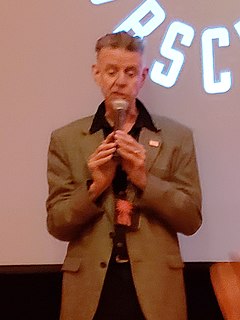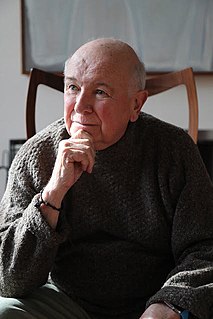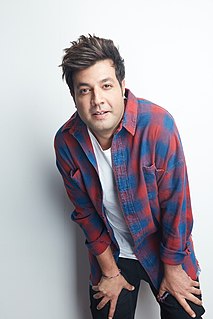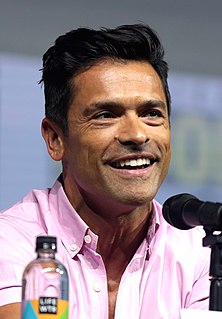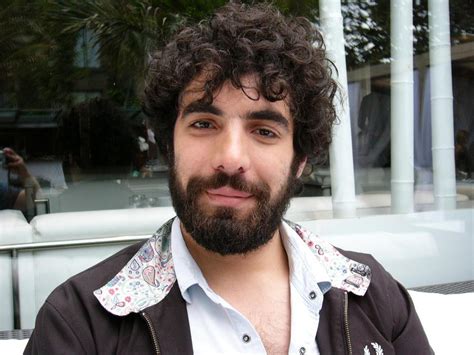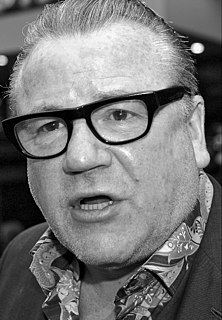A Quote by Alex Cox
I'm a good actor in that sense for directors because I always do what they say.
Related Quotes
Work with good directors. Without them your play is doomed. At the time of my first play, I thought a good director was someone who liked my play. I was rudely awakened from that fantasy when he directed it as if he loathed it. . . . Work with good actors. A good actor hears the way you (and no one else) write. A good actor makes rewrites easy. A good actor tells you things about your play you didn't know.
Marvel has this tradition, and I think that Sony has this tradition too, of hiring directors for Spider-Man who are dramatic directors. That are directors who are interested in human beings, in characters, in drama, and who are really good with actors. That kind of feels like a Spider-Man director to me. And because Spider-Man is always as big as the films that are being made at Marvel, it always is character and story. You can never take that out.
Most films and directors lose their nerve and want to indicate [emotions] a bit more, to show that their story is clear. I'm not saying that's a good thing; as an actor its anathema to good acting, but to have someone with the confidence to say that should I be utterly natural and minimalist is great.
It's hard for new directors to find good tracks because we don't usually get to choose good music by good artists. I honestly think music videos will slowly die out. There will always be a few directors who do cool things. But look how many great videos there were in the '90s, and then look at the 2000s. It's depressing.
I've always been quite mature because of the way my parents brought me up. They were very good at talking to me like a person rather than a baby, and I was around so many actors and directors from such a young age because my dad is an actor. I was more comfortable with adults rather than actually being an adult child.
